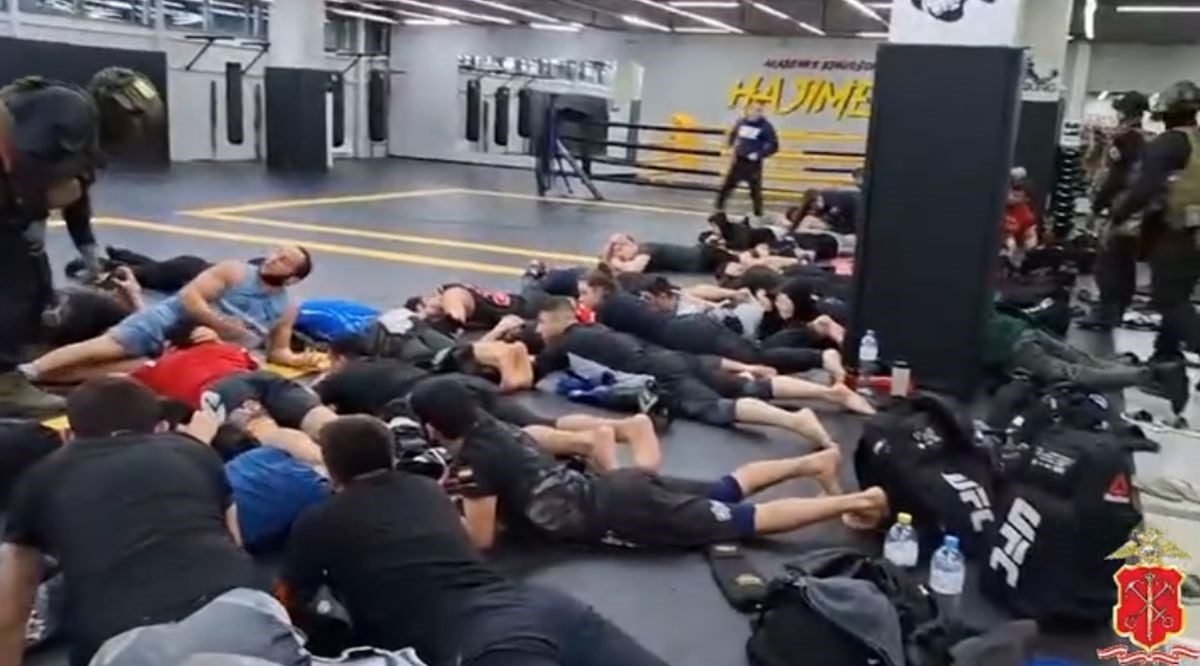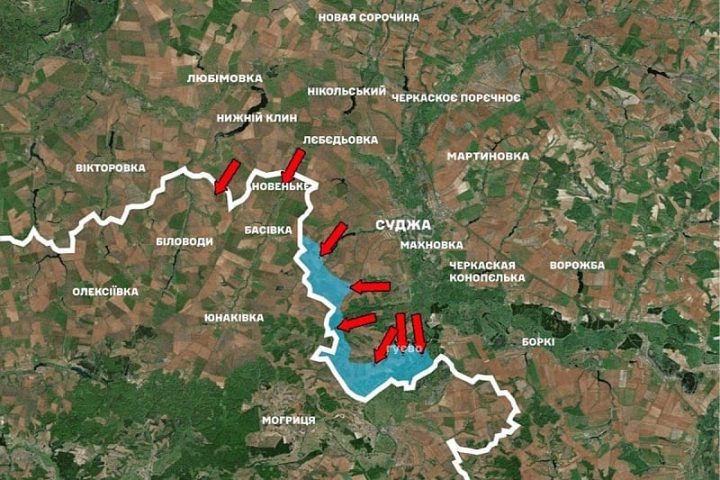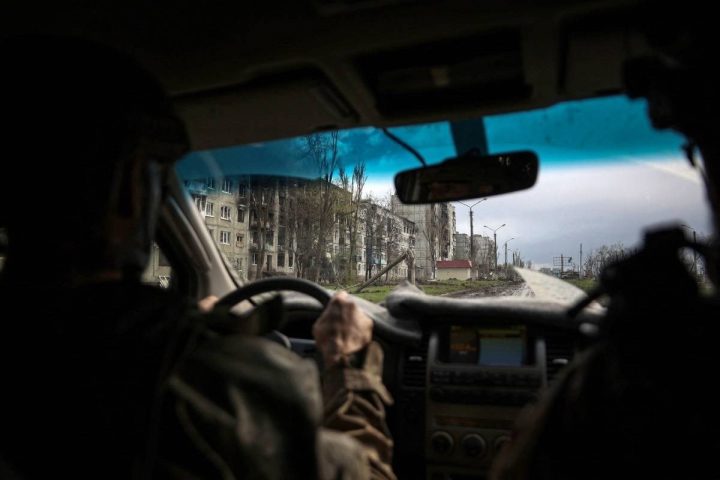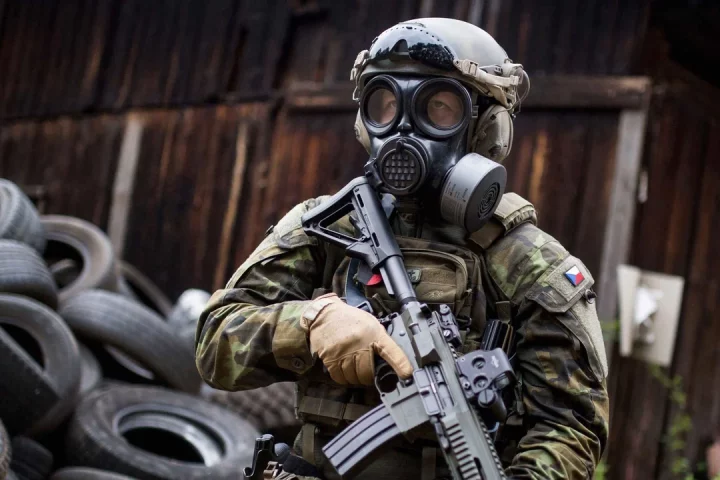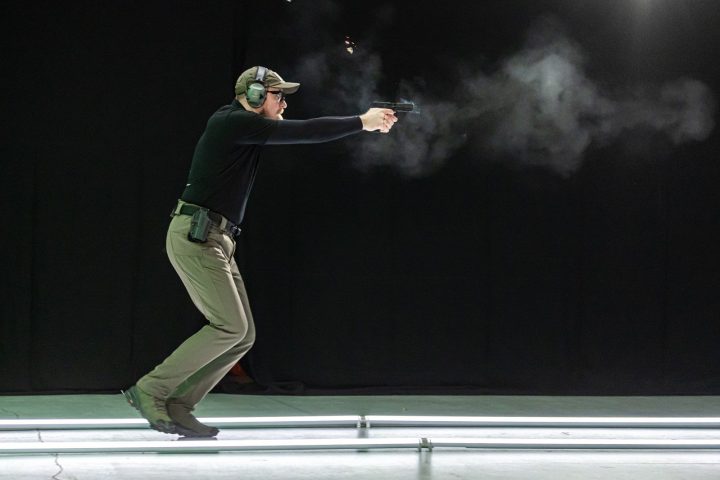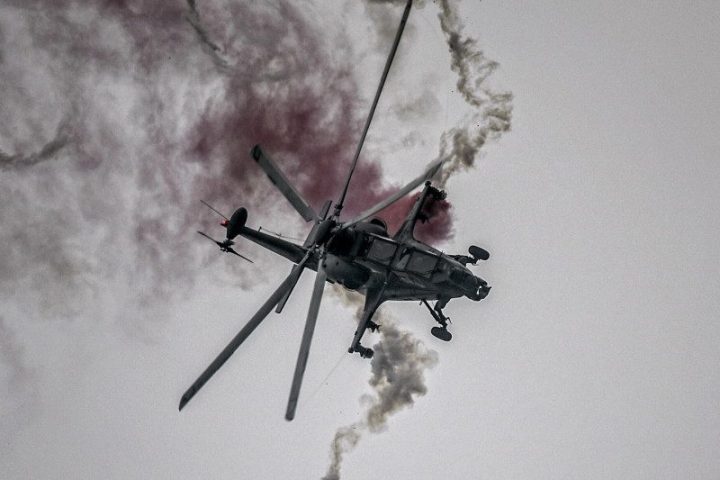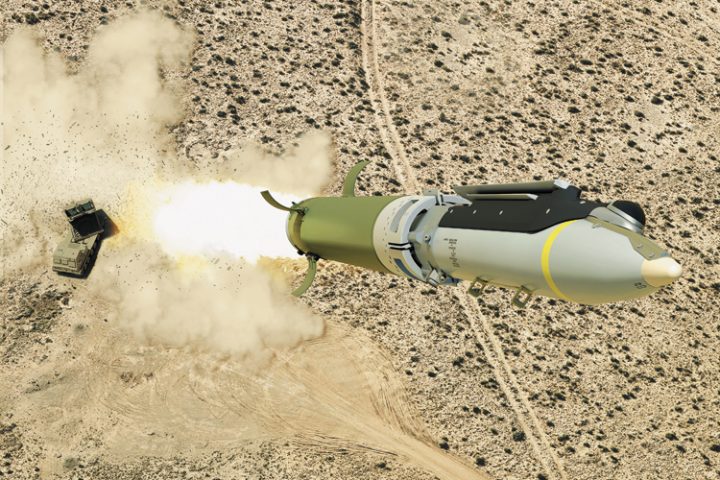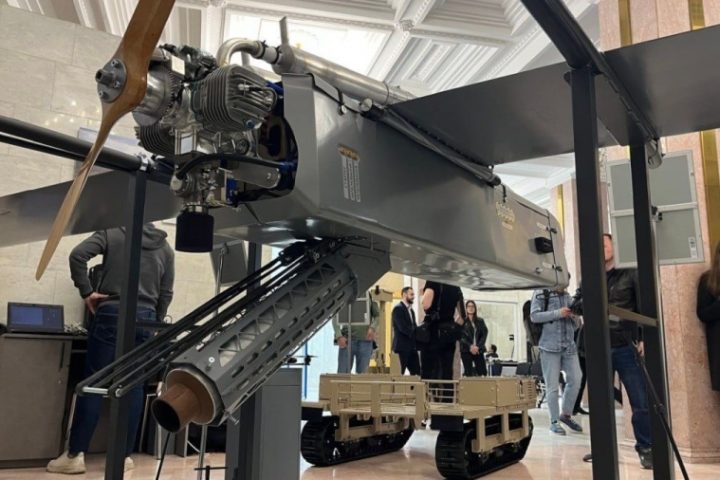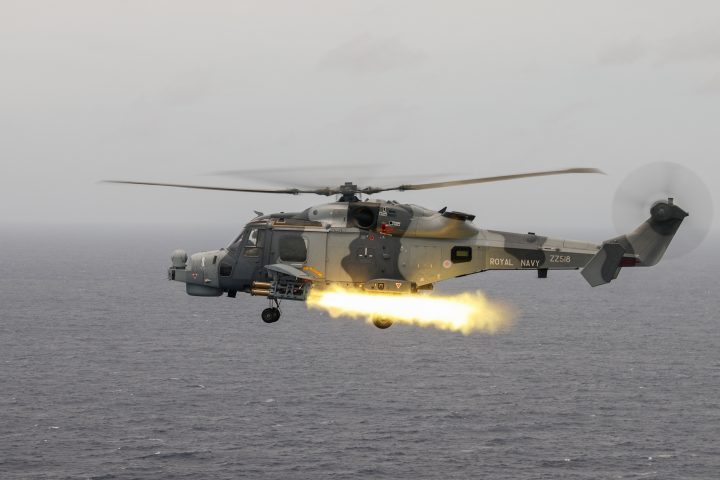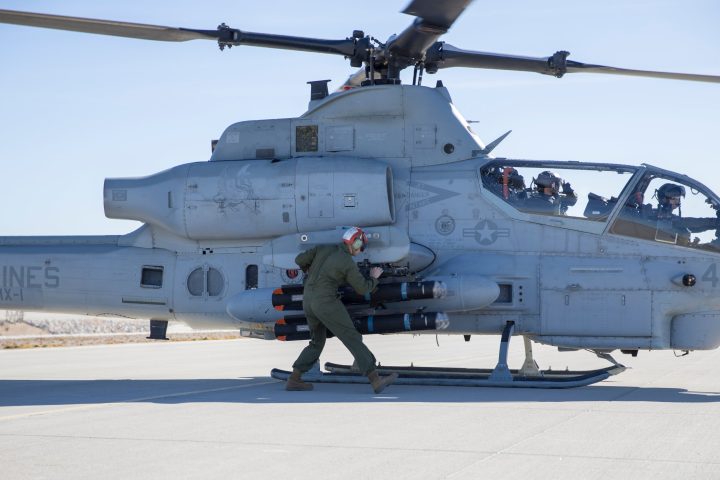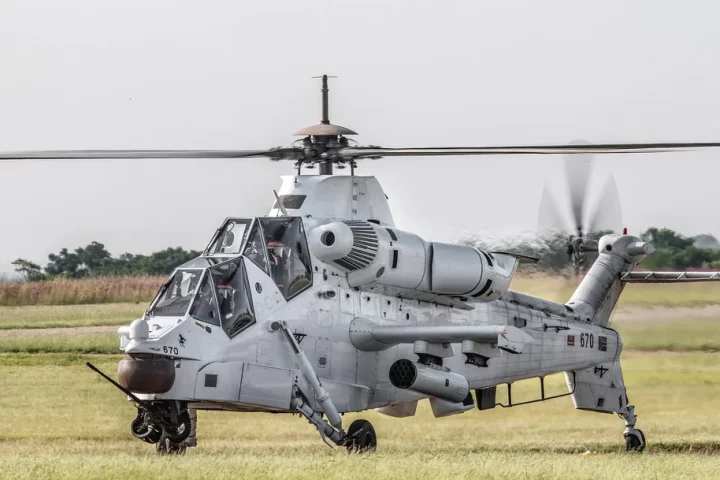What started as a routine workout turned into a scene from a warzone at the Spirit Fitness center in southeastern Moscow. According to The Telegraph, visitors were ordered to lie face down on the gym floor—not by trainers, but by Russian police in the midst of a sweeping crackdown on illegal migrants and military draft evaders.
This raid wasn’t an isolated incident. Human rights activists say that similar operations have been underway for weeks across multiple Russian cities—well before President Vladimir Putin signed the spring conscription order to mobilize 160,000 men, the largest draft since 2011.
From the Treadmill to the Trenches
Eyewitnesses describe a chilling pattern. Police enter gyms and begin separating ethnic Russians from foreigners. Russian citizens are taken to military enlistment offices for “verification,” while foreigners are accused of immigration violations and offered two stark choices: deportation or a military contract.
Independent Russian media outlet Current Time released video footage from the March 30 raid at Spirit Fitness, showing dozens of gym-goers lying face down with their hands behind their heads. Just days later, another branch of the same gym faced a similar raid.
“I was running on the treadmill, watching a show, bothering no one,” one gym-goer told Telegram channel msk1_news. “Suddenly, someone tapped me on the shoulder. I got off and saw everyone on the floor.”
Others said the police demanded identification and turned directly to the military service section of their passports. “If it said you were due to serve, you were taken—no discussion, just ‘for verification,’” one man recalled.
Ethnic Profiling and Forced Conscription
According to Current Time, women were generally released, while men—especially those of non-Slavic appearance—were subjected to rigorous checks. “They’d sort us by ethnicity, make us show documents, and then decide who to detain,” said one witness.
Human rights lawyer Valentina Chupik described the raids as discriminatory and coercive. “They only target non-ethnic Russians,” she said. “Foreigners are framed for minor offenses like hooliganism and face immediate deportation. That’s enough now, even if they’ve done nothing wrong.”
One anonymous activist added that police specifically target “ethnic gyms” frequented by migrant communities.
Routine Raids Becoming the Norm
While Spirit Fitness declined to comment, gym staff privately admitted that these raids are becoming routine. Lawyers estimate similar operations occur twice a month in cities including Moscow, St. Petersburg, Irkutsk, and Yekaterinburg.
Some men are let go after background checks, but others are immediately issued conscription notices or taken to enlistment centers. Anastasia, a woman from a Moscow suburb, said her husband—previously exempt from military service—was detained despite having legal documents proving his exemption.
“They tried to draft him two years ago,” she said. “Now they dragged him back. I had to rush over with a lawyer to get him released.”
Migrants on the Front Lines
Activists claim that migrants accused of even minor infractions are coerced into signing military contracts to avoid deportation. The practice has become more visible since early February, following updates to internal enforcement policies.
The Russian state appears to be leveraging desperation and legal grey zones to bolster its military ranks.
Kremlin Tactics: Pressure and Payoffs
Emily Ferris, a Russia expert at the UK-based Royal United Services Institute (RUSI), told The Telegraph that the Kremlin’s tactics are becoming “more openly aggressive” and deeply coercive. “Workers in factories are being told they’ll be fired if they don’t enlist,” she said.
But the Kremlin isn’t relying on threats alone. Massive financial incentives—especially at the regional level—are helping drive enlistment numbers up. A March study by Janis Kluge from Germany’s SWP Institute revealed that daily volunteer numbers have surged to 1,000–1,500, up from 600 a year ago.
Not Ready for Peace
Despite global calls for a ceasefire, including pressure from former U.S. President Donald Trump, analysts say the Kremlin has no intention of ending the war soon.
“This draft campaign shows that Russia isn’t preparing for peace,” Ferris said. “Even if these recruits aren’t deployed immediately, they’re being prepared for future offensives.”
She added that Moscow likely wants to seize more territory before engaging in any meaningful ceasefire talks. Ukraine’s control of Russia’s Belgorod and Kursk border regions further complicates any chance of a truce.
“This war could drag on for another year,” Ferris warned. “The frontline currently favors Russia, and the Kremlin won’t stop while momentum is on their side.”


